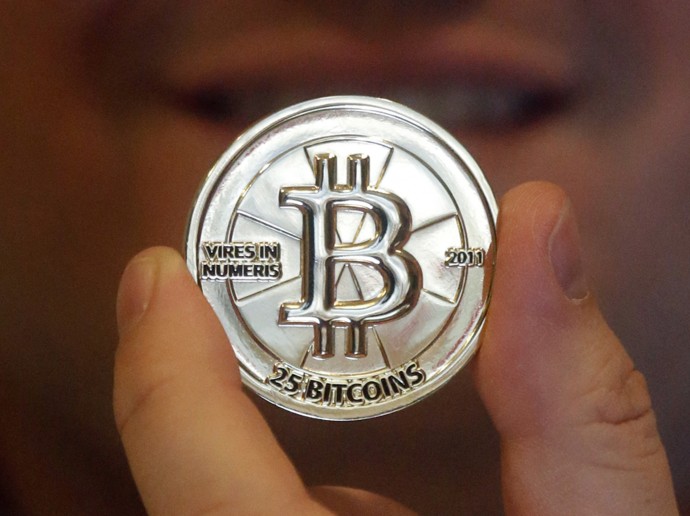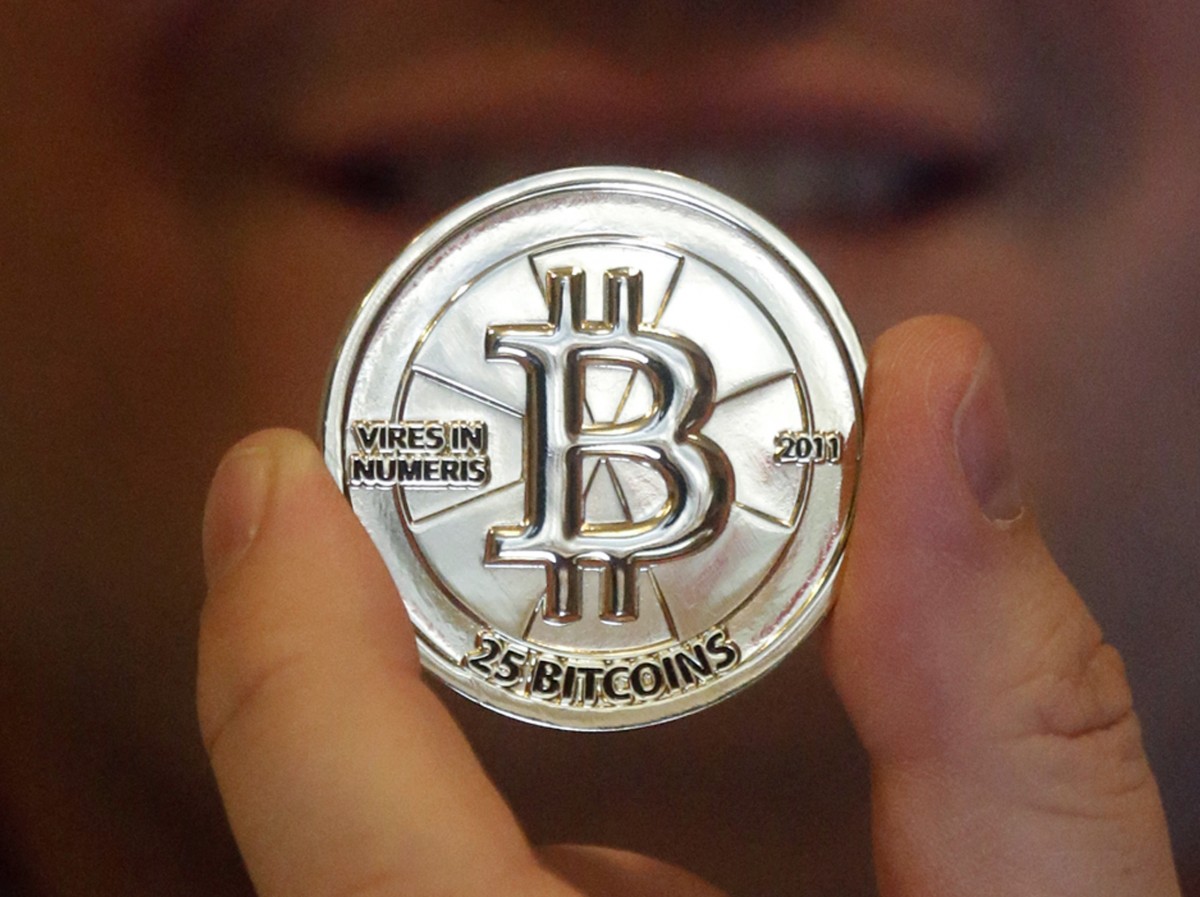
The federal government is busy addressing the crisis unfolding from the collapse of Mt.Gox after as much as $400 million worth of Bitcoins disappeared due to a known, but unaddressed security flaw.
The U.S. Attorney for the Southern District of New York and the FBI have opened an investigation into possible criminal violations connected to the shutdown of the Tokyo-based exchange. The security flaw — a sophisticated form of receipt fraud in which a hacker withdraws Bitcoins from an account, but changes the transaction data to show that the Bitcoins have not been delivered — may constitute one of the largest security thefts in recent history.
Responding to the unpredictability of this wildly speculated, uninsured and often-stolen cryptocurrency, Sen. Joe Manchin (D – W.Va.) has called on federal regulators to fully ban the Bitcoin, calling it “dangerous,” “disruptive” and “highly unstable.”
“The clear ends of Bitcoin for either transacting in illegal goods and services or speculative gambling make me weary of its use,” said Manchin. “I urge the regulators to work together, act quickly, and prohibit this dangerous currency from harming hard-working Americans.”
In October, the FBI arrested Ross William Ulbricht, also known as the “Dread Pirate Roberts,” and seized his website, the Silk Road Anonymous Marketplace. The Silk Road was a Deep Web online store in which users could buy and sell drugs and other illicit goods. In the seizure, the FBI confiscated over 26,000 Bitcoins from Silk Road accounts (worth roughly $3.5 million at the time), and an additional 144,000 Bitcoins (worth approximately $28 million) from Ulbricht himself.
Manchin’s call came even as many major merchants, such as Tiger Direct and Overstock.com, have had a great deal of success in allowing customers to pay in Bitcoins. Smaller merchants have also found Bitcoins to be an attractive alternative to credit card processing fees, and even major banks are considering affiliating themselves with the Bitcoin industry.
Many feel that the Mt.Gox failure may serve to strengthen the Bitcoin industry in the long-run. The failures of early platforms, such as Mt.Gox and Silk Road, and the introduction of professionally-run exchanges, such as the proposed exchange SecondMarket is currently constructing — which will feature a trading desk, a Bitcoin-exclusive investment vehicle and a $20 million investment — have many feeling that Bitcoin may be shedding its “fly-by-night” roots and moving toward legitimacy.
However, with nearly $400 million already lost, the Bitcoin has a lot to prove if it hopes to survive.
“I do believe that this is one of the existential threats to bitcoin that many have feared and have personally sold all of my bitcoin holdings through Coinbase,” Ryan Selkis, a Bitcoin entrepreneur, said upon hearing about the Mt.Gox closure. “I am a risk tolerant investor, but I believe this will be catastrophic for Bitcoin, both as a currency and as a fledgling industry.”
In most countries, Bitcoin is recognized as a non-monetary and unregulated private security. It is currently outlawed in Iceland, Lebanon, Lithuania, Russia, Taiwan and Thailand.


